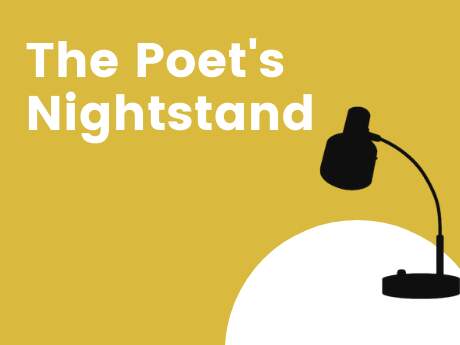The Poet’s Nightstand
The Poet’s Nightstand with Kiki Petrosino
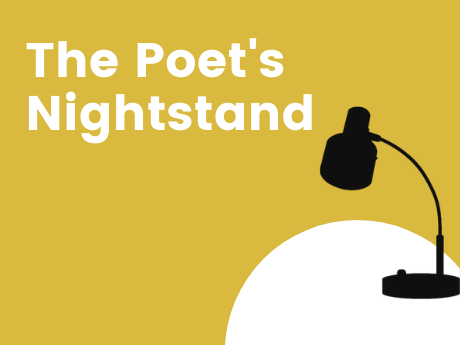
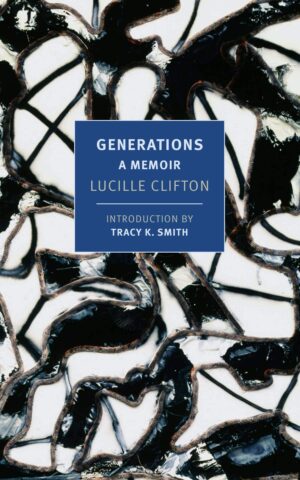
Generations: A Memoir
Lucille Clifton
Lucille Clifton's luminous lyric memoir, telling the stories of her free and enslaved Black ancestors, arrived in my hands last year, just as I made my own journeys, in verse and prose, across similar genealogical terrain. The 2021 New York Review of Books Classics edition comes with an introduction by former U.S. Poet Laureate Tracy K. Smith, framing Clifton's 1976 original. Clifton writes, as always, with freshness and precision about the complex legacies of race, kinship, and history. By weaving fragments of oral and personal narrative to trace the journey of Clifton's Dahomey-born matriarch Caroline and her descendants, this wise work reminds us how the words and deeds of our ancestors refract through time. As Smith observes, "Clifton's imagination is prismatic." This moving work consecrates space for remembrance and deep love.
Purchase
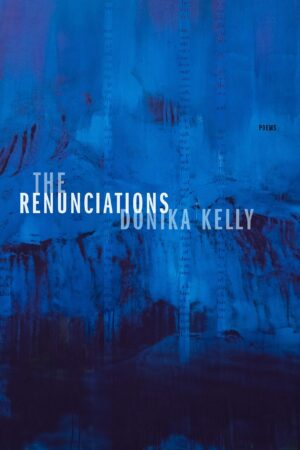
The Renunciations
Donika Kelly
Before reading this book, I thought I understood what reckoning meant: a kind of obliterating cataclysm . . . a magical showdown between opposing forces that cannot coexist. But in The Renunciations, nothing in language remains fixed: apologies fold back into denials; letters fill up with secrets; and violent histories become divine oracles for an exploratory speaker. This work shows me how to reckon, really reckon, in poetry. Kelly builds capacious, energetic structures to hold language as it emerges from the most devastating wounds of human experience. In these prophecies, portraits, and odes, the poet invites us to understand that survival requires us to find new ways to speak of and to the living self: "I cannot swim / and I will not drown."
Purchase
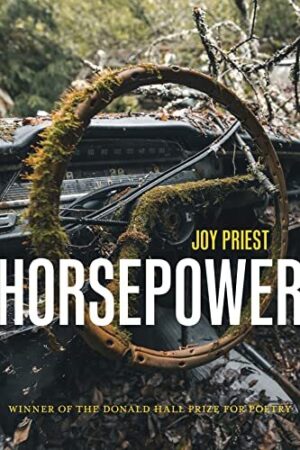
Horsepower
Joy Priest
This book is a powerful love song to Kentucky and, especially, to the poet's hometown of Louisville, its near-mythical "stable-side" world of "twin steeples / & emerald roofs just past / our garage." These poems celebrate the rich and confounding particularities of place. We feel Kentucky resonating through the shared landscape of these poems' individual and collective histories. Yet, even as she speaks with love for "the River City," Priest applies fierce, painstaking attention to how "this country's laws & customs" around race have contributed to toxic legacies of harm. Horsepower carves an electrifying, poignant chiaroscuro for our times: "the dark silhouette / of our heads bobbing with laughter & song/in the officers' headlights."
Purchase
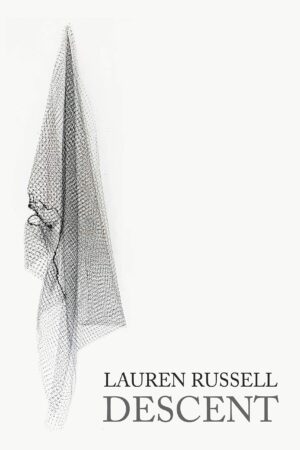
Descent
Lauren Russell
In this haunting, meticulously-crafted book of documentary poetry, Lauren Russell sifts through the tangled materials of history to make space for reimagined ancestral voices, including that of her enslaved great-great-grandmother, Peggy Hubert. Russell is a virtuoso of poetic form, and this book emerges as a radiant collage of prose poetry, lyric fragments, confessions, erasures, photographs, and images of the documents (including the diary of Robert Wallace Hubert, Peggy's enslaver and the father of her children), which form the basis of her research. Descent asks important questions about what we know and how to hold it: "I do not know the tune, but I will hum / it for you."
Purchase
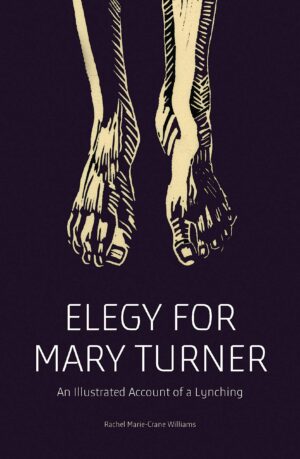
Elegy for Mary Turner: An Illustrated Account of a Lynching
Rachel Marie-Crane Williams
Though its cover announces a work of "History / Politics" rather than poetry, Elegy for Mary Turner is a compelling image-and-text collage that moves with lyric intensity around its harrowing subject. Mary Turner, a pregnant Black woman, was lynched by a white mob in Valdosta, Georgia in 1918; her cruel murder occurred at the height of what historians call "the lynching era." A studio artist and scholar, Williams relays the unspeakable crime and its aftermath page by page, in compositions combining woodcut prints with handwritten pieces of narrative reflection. Full-color facsimiles of historical documents, including newspaper articles detailing the horrific event, accompany these pieces. As a poet interested in the intersections between historical research and creative practice, I find myself studying cross-disciplinary projects like Williams', which dynamically network different compositional modes while holding space for the primary sources to speak—hauntingly, damningly—for themselves. Royalties from the book will go to the National Center for Civil and Human Rights in Atlanta.
Purchase


